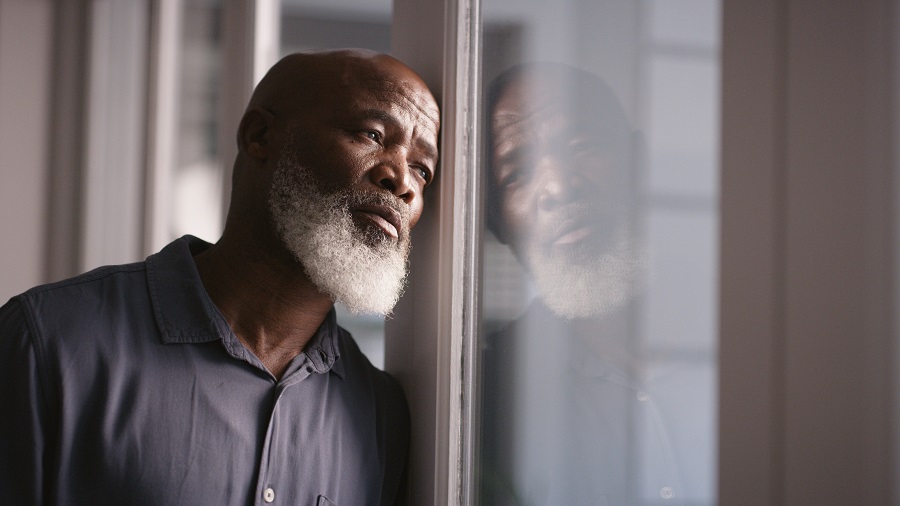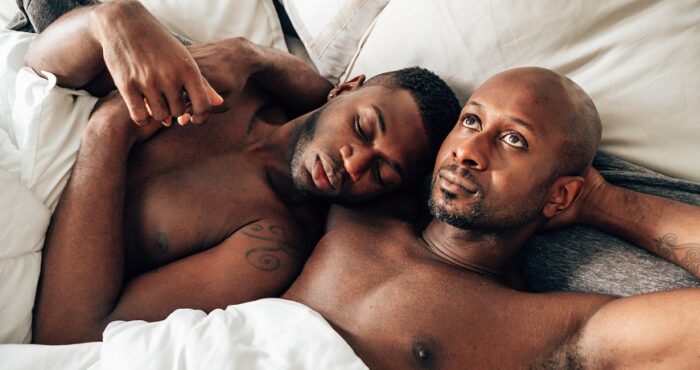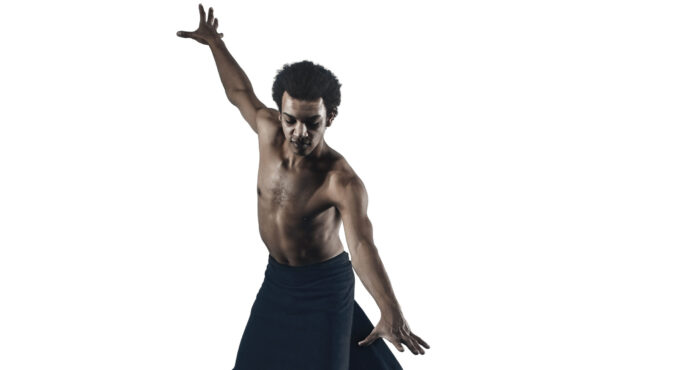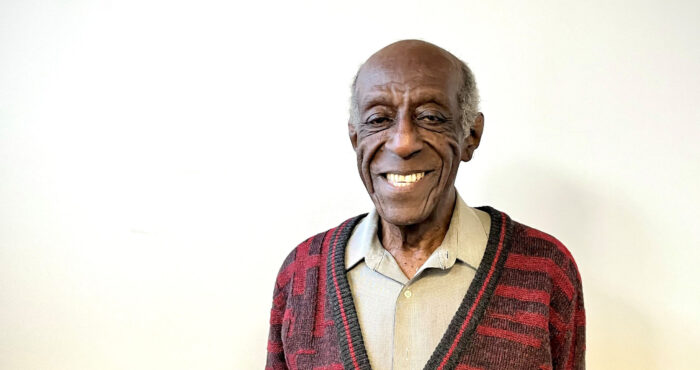Beyond the Triumphs: Ambiguous Grief in the Black LGBTQIA+ Community as Portrayed in ‘Rustin’

Netflix’s “Rustin,” traces Bayard Rustin’s evolution from a fervent civil rights activist to a symbol of hope and resilience in the fight for equality. However, in its portrayal of his inspiring journey, the film neglects to fully explore an emotion that is deeply woven into the fabric of my Black LGBTQIA+ experience as well as many others – ambiguous grief.
Ambiguous grief differs from the grief typically associated with the loss of physical life. While I grieve for my Black ancestors that have died at disproportionant rates from HIV/AIDS crisis, those that have died by suicide because we live in a world that couldn’t make room for them, and those that were murdered by the hands of brutal police force, I also grieve for the events that don’t end with a tombstone.
I grieve for who I could have been had I been born and raised in a place that celebrated all of my Black, queer identity. I grieve the pain associated with feeling isolated or excluded from certain spaces, both within the Black community due to homophobia or within the queer community due to racism. I grieve because there are places I may avoid traveling to within the United States and around the world because documented cases of violence directed towards queer people. I grieve the opportunities that were inaccessible due to discrimination or bias, such as career advancement, housing, or healthcare. And I grieve, anticipatorily, all of the times that I know I will have to explain to people in the future why I should exist and why I deserve equal rights.
This form of grief is not linked to a concrete or recognized loss but rather to losses that are intangible and often overlooked by society, and quite fascinating overlooked also by the film “Rustin.” This form of grief is an integral part of the Black LGBTQIA+ experience, particularly the more visible someone is with their identity as it was with Bayard Rustin.
Reflecting on Rustin’s journey, I realize that his life was not simply a sequence of victories against societal injustice. It was also a narrative of resilience and survival in the face of repeated attacks on his identity and the cause he championed. I imagine that Rustin, like many of us in the Black LGBTQIA+ community, grappled with the ambivalence of resilience – the dichotomy between the exterior display of strength and the internal experience of grief.
The narrative of the film primarily focuses on Rustin’s triumphant moments, and while these are indeed significant, they do not fully encapsulate his lived experience. The portrayal of Rustin’s life is incomplete without recognizing the grief that underpinned his journey. His story, like the stories of many Black LGBTQIA+ individuals, was marked by periods of struggle and ambiguous grief, intertwined with moments of victory and resilience.
The path to resilience, particularly in a society that often fails to understand or accept diverse identities, is not a linear one. It is a winding journey, fraught with challenges and marked by significant emotional tolls. It is through this lens of ambiguous grief that we must examine and understand the resilience of individuals like Rustin.
A more holistic narrative would not only celebrate his triumphs but also delve into the grief that shaped his journey and the journeys of many others in the Black LGBTQIA+ community. By acknowledging and understanding this form of grief, we can foster a deeper sense of empathy and create spaces for healing and growth within our community.










